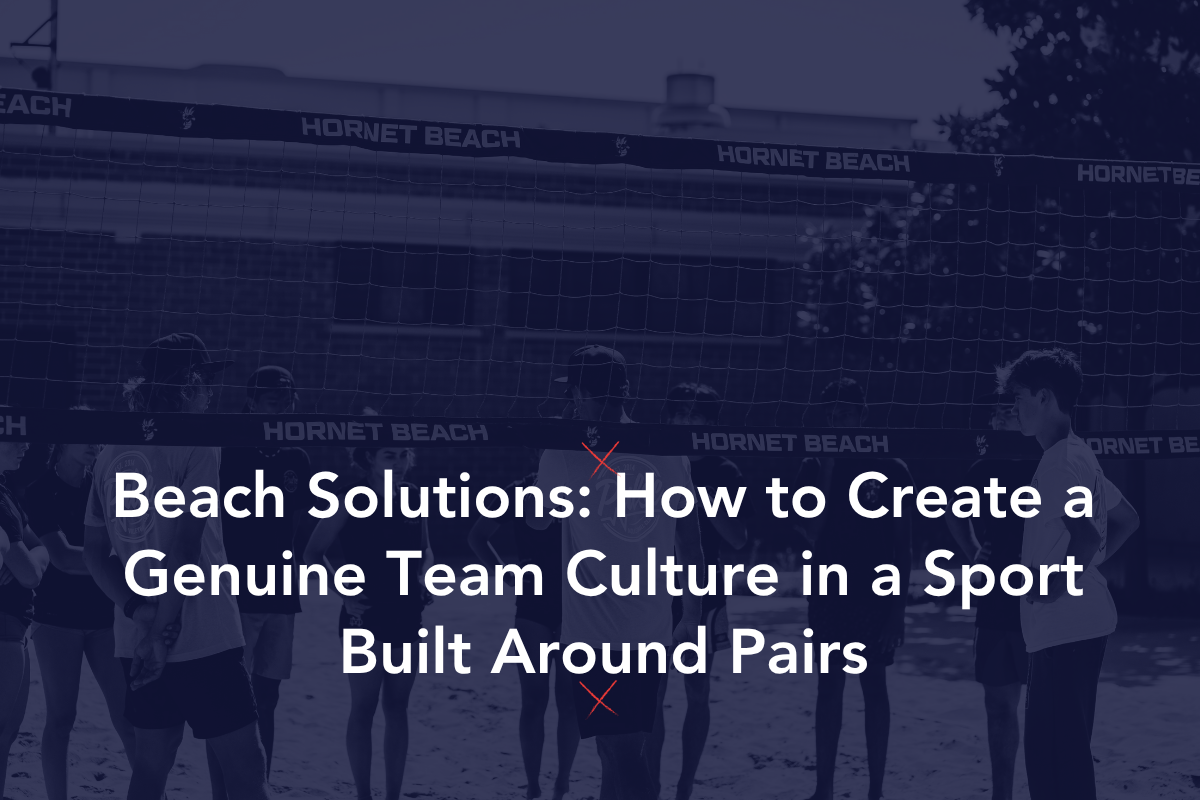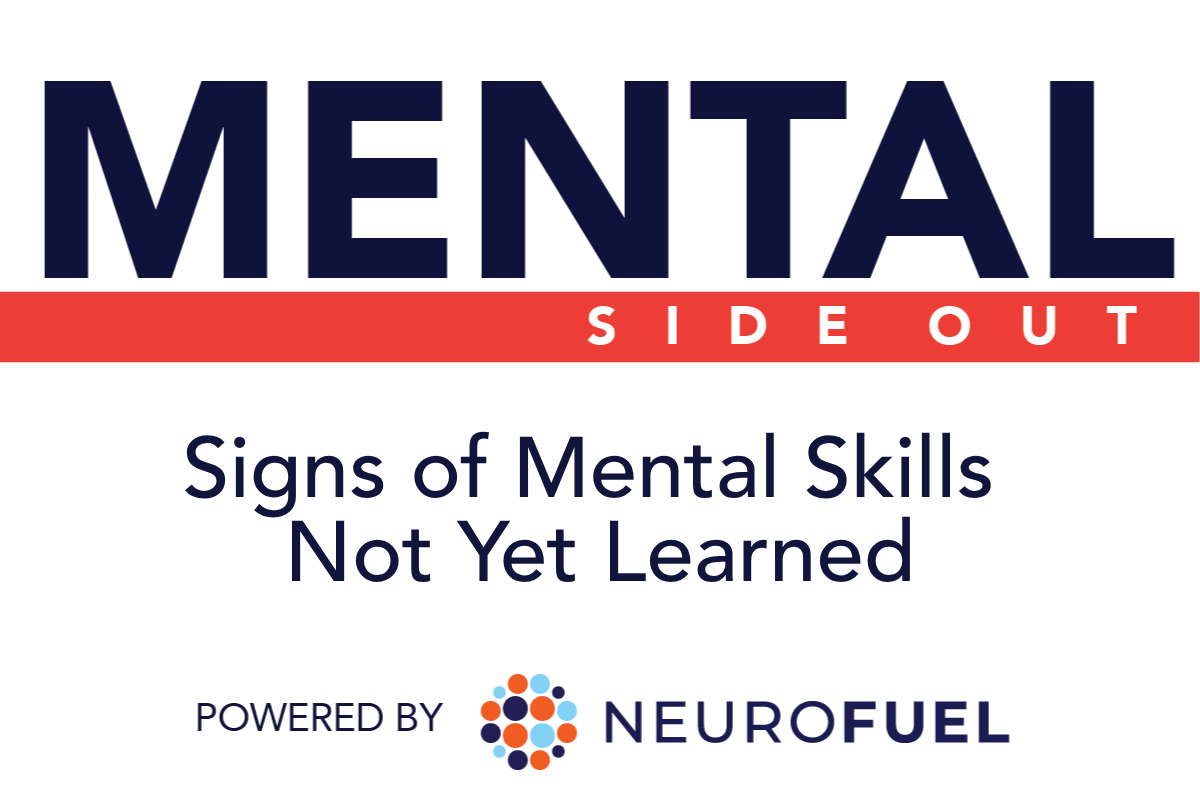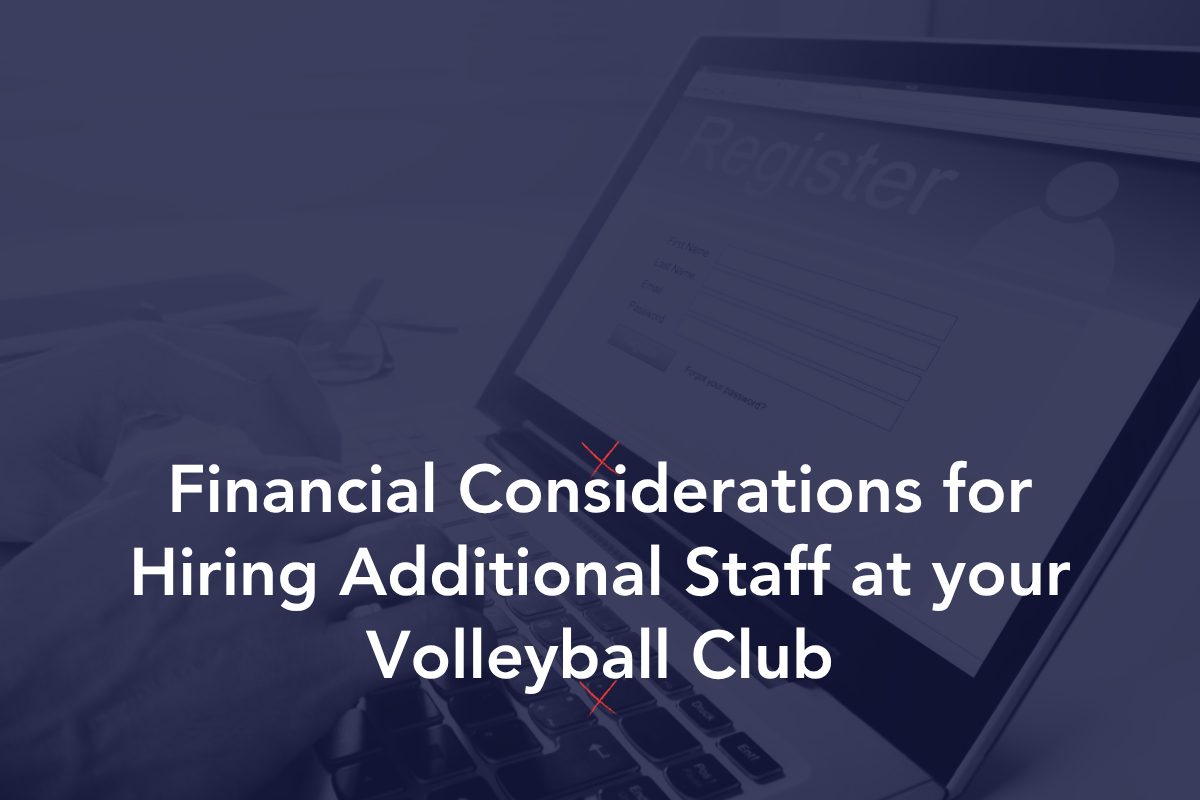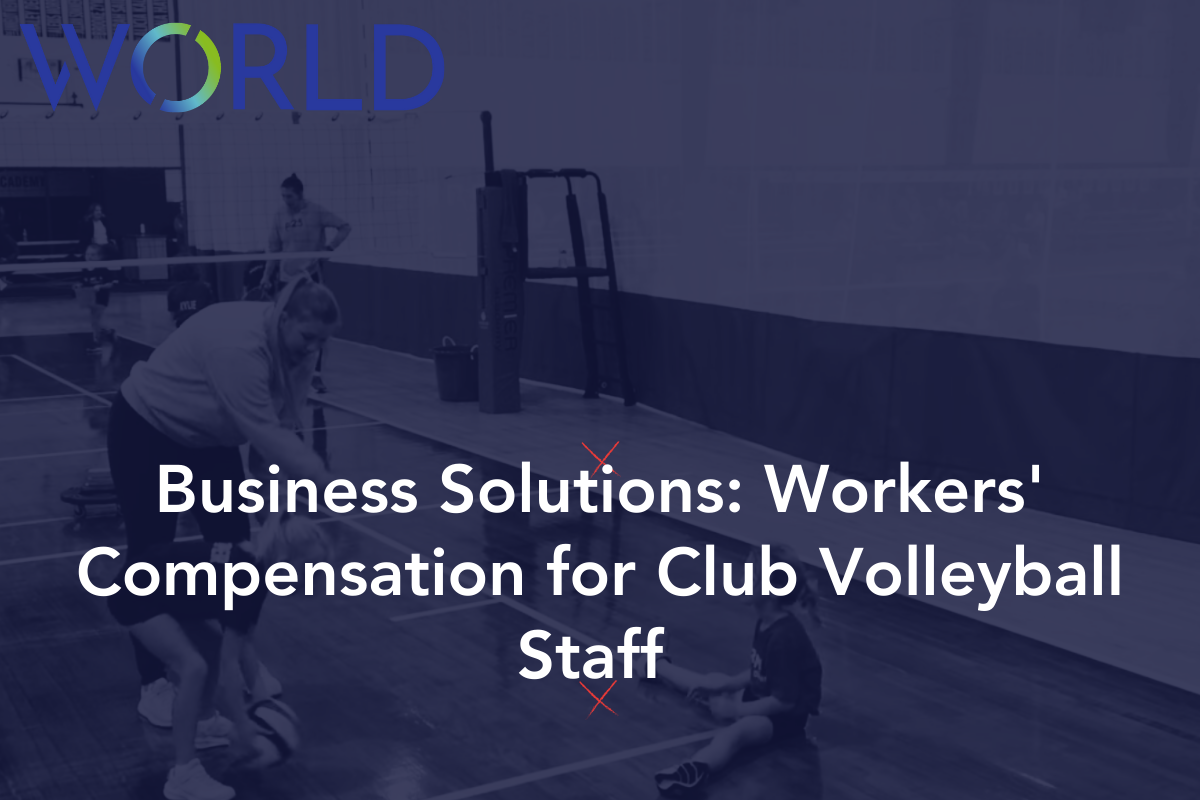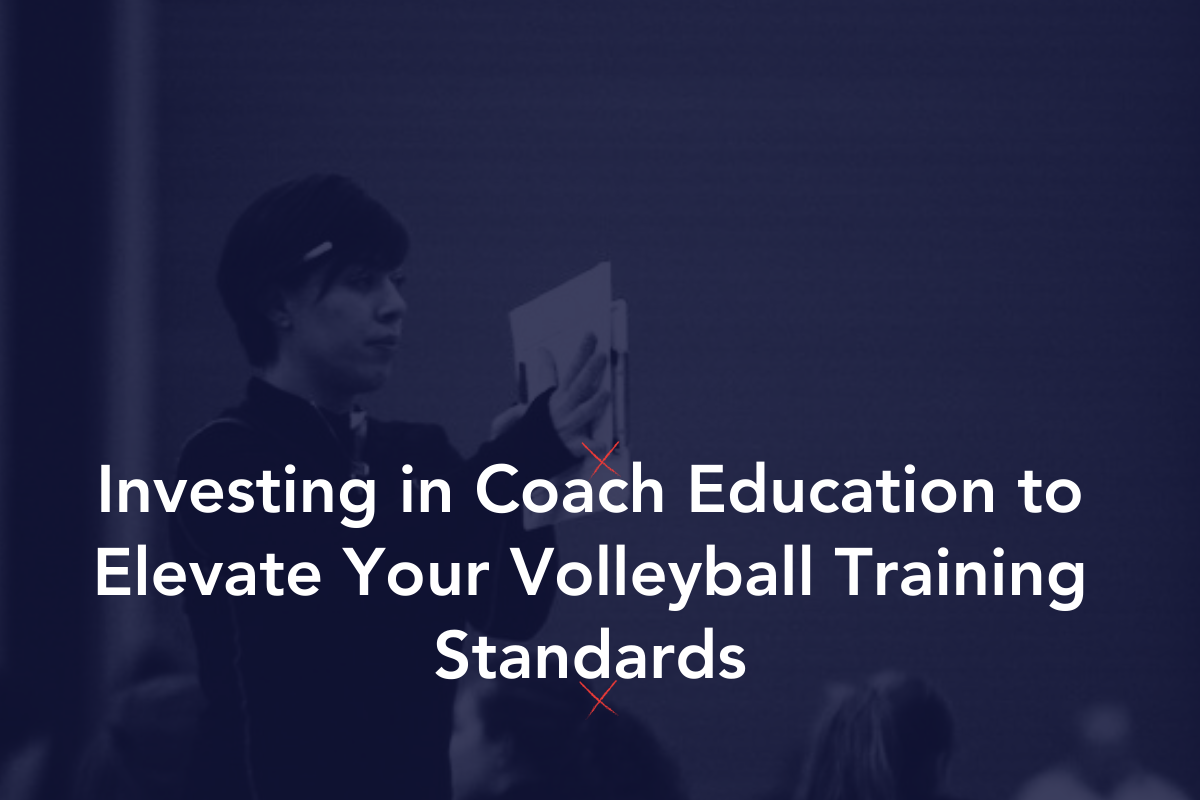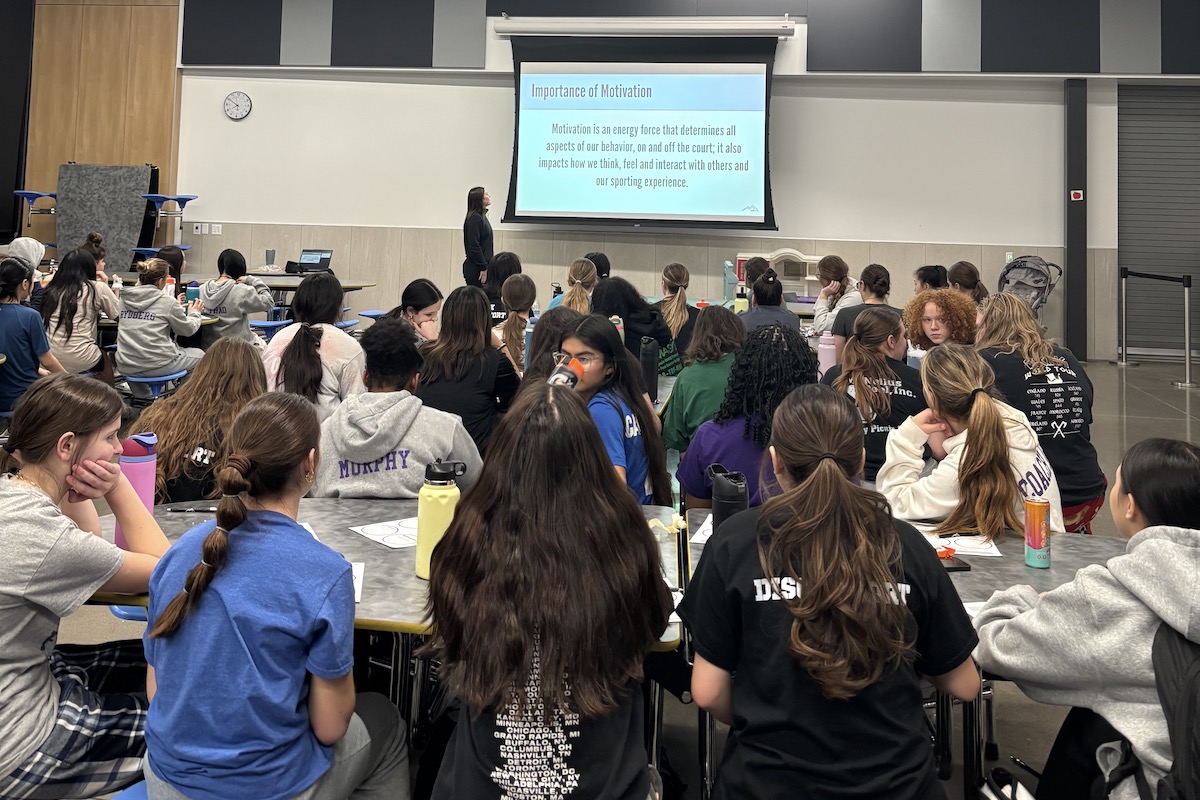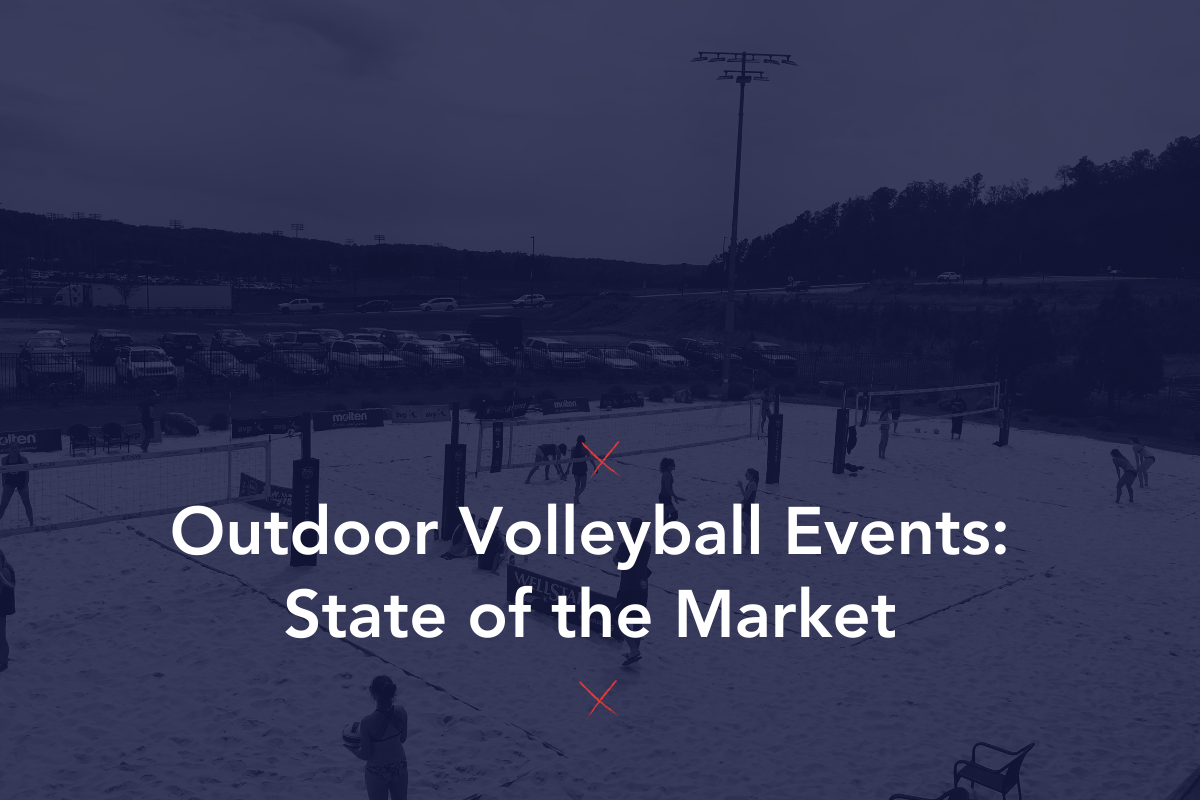The human body is built to withstand intense periods of physical strain and pressure. When a tournament runs multiple days, and into the late evening hours, players can rally and perform to their best abilities. The body and the mind can work together to achieve awe-inspiring results. However, sustained periods of high-level competition results in adverse performance and elevates the risk of injury. Where can coaches and athletes draw the line?
Incidences of moderate athlete burnout in youth sport are increasing, particularly among young athletes specializing in their sport early (Giusti et al., 2020). Additionally, these incidences of burnout increase with age 7-17. However, when controlled and implemented, many actions can aid young athletes in continuous, long-term success.
Let’s take a look at keys to taking care of the body to avoid athlete burnout and aid in recovery:
Physiological Demands of Volleyball
On average, a volleyball athlete spends 30% of a match running and jumping (Coniglio et al., 2018). Additionally, the libero is expending the most energy on the court during a volleyball match. Research shows that athletes lose lower body strength and speed post-match but recover after three hours (Magalhães et al., 2011). A loss of lower body strength can lead to improper jumping and landing mechanics, leading to an increased risk of injury.
Unfortunately, junior volleyball tournaments do not have a 3-hour window between matches. Therefore, athletes and parents need to consider methods to increase recovery during tournament play, such as proper hydration and nutrition throughout the day. The bioenergetic demands of indoor volleyball primarily derive from the anaerobic glycolysis system (Concu et al., 1992), which means that the athlete uses carbohydrates as energy. Therefore, athletes should have a healthy carbohydrate snack or sports drink to increase post-match recovery. Additionally, athletes and coaches should consider ways to increase fitness levels. Elevated strength and cardiovascular endurance can help mitigate performance declines.
Increasing Fitness for Success in Volleyball
Volleyball athletes should consider playing a season of beach volleyball to help improve their indoor performance. Research shows that beach volleyball training significantly increases cardiovascular fitness and running economy (Balasas et al., 2013). Increasing fitness levels leads to improved performance, enhancing running economy leads to faster sprint speeds. Additionally, beach volleyball training increases lower body muscle endurance, power, and vertical jump height (Balasas et al., 2018). These performance benefits are likely due to the increased demands of beach volleyball, requiring 20-60% more energy than indoor volleyball (Lejeune et al., 1998).
Proper Rest & Recovery
Sleep is essential to the recovery process. Research shows that sleep quality and quantity decrease for two days post-competition (Vitale et al., 2019), particularly with evening matches. With this in mind, coaches and parents should allow more time to sleep than usual during multi-day tournaments and after competition.
To enhance recovery efforts for volleyball athletes, coaches should be mindful when scheduling. In addition, an athlete’s training load should be planned out. This includes practices, practice intensity, competitions, and other sports competitions for multi-sport athletes. Ideally, the coach should aim to keep the training intensity steady throughout the season (Debien et al., 2018). For example, weeks with multi-day tournaments should have fewer practices. Additionally, coaches can monitor their practice intensity with session rate of perceived exertion scales (sessionRPE – Lupo et al., 2020).
Taking Care of the Mind
While we tend to focus on the body when we think about recovery, the mind should be considered when administering and incorporating comprehensive rest programs. Burnout may be a long-term consequence of intense and continuous performance. An equally concerning and lesser-known short-term consequence of intense performance that further necessitates rest is ego depletion.
Ego-depletion is a state of decreased willpower that results in a lack of mental ability to perform (Englert, 2017). Athletes who experience ego depletion may have the following symptoms:\
- Poor decision-making
- State anxiety
- Distractibility
- Lower accuracy
- Longer reaction time
- Poor emotional regulation
- Poor executive function
- Poor motivation
Ego depletion is caused by periods of prolonged mental activity and focuses in intense, performance-oriented situations. Therefore, athletes that must deploy self-regulatory processes for a prolonged period will experience negative performance impacts as their mental resources diminish (Baumeister et al., 1998). Self-regulatory processes that occur in volleyball include preparing for games through the use of goal setting, self-motivating, considering and employing strategy, selecting appropriate responses quickly and efficiently, and reflecting upon performance to make necessary changes in the future. This means athletes who are asked to compete at their highest potential will need time to mentally recover in order to be able to continue improving, learning, competing, and growing. The time it takes for ego depletion to occur will look different for every athlete and even vary across situations. Some situations are inherently more demanding than others, thus taking a greater toll on the body and mind. Therefore, after tournaments, athletes should take an inventory of their mental and physical symptoms and decide how best to recover.
The best way to take care of the impacts of high performance on the mind is through active relaxation techniques and good sleep habits. Active relaxation techniques like mindfulness, accessing a positive mood through social support, a break from decisions, or time outside can aid in recovery during short-term rest periods. Then, with rest, athletes can experience positive performance, like higher self-control, lower state anxiety, better performance, heightened attentional control, good decision making, and better emotional regulation and coping.
Taking Care of You: Rest Plans
As outlined, a structured rest plan is vital for athletes to recover from the mental demands of high performance. Often, athletes are told to use their rest days to prepare for upcoming demands and stressors mentally. However, mental rest falls too often to the wayside, and athletes begin refocusing on goals too soon without giving adequate time to the procedures that can help them fully recover. After athletes are given a chance to reflect on prior performance, they need a structured plan for how to fully rest their minds before moving on to considering their next event and future goals.
A rest plan should include aspects of what the athlete will do for 1) their body and 2) their mind. Allowing athletes to design their rest plans may aid them in establishing control over their mental processes and time away from the sport. Heightened feelings of independence and control can help athletes increase their self-efficacy and confidence to manage their success effectively. In addition, this can help them develop essential life skills as they continue in both sport and life.
A Sample Rest Worksheet includes coaches, parents, or trainers to help athletes fill out as they progress through their intense training and competition regimen. Athletes should be encouraged to reflect upon their experiences with rest and design a plan with a more knowledgeable other that tailors to their needs and preferences. For example, some mental recovery strategies may be preferred over others depending upon the athlete. Helping athletes to try different strategies and take ownership of their recovery will help them continue this process independently in the future. Empowering young athletes to take control of their bodies and minds is an essential skill they can gain from sports participation.
View additional mental training resources
About the Authors
Lauren Pierce is a Performance Consultant for athletes, coaches, and players in Tucson, AZ. She is currently a Mindset Coach for Club Cactus Juniors Volleyball, a JVA member club, and holds her PhD in Educational Psychology where she studies aspects of team and individual motivation. Lauren grew up playing sports and continues to compete at the elite level in obstacle course racing. Her time as an athlete and coach motivated her to pursue research applications related to ‘the mental game’. The passion and commitment of the athletes and coaches that she has worked with inspired her to continue her work by developing a mental performance program as she pursues future research and teaching in academia.
mindsetcoachlauren@gmail.com
520-474-0652
Dr. Chelsee Shortt is a Professor of Exercise Science and Physical Education, as well as the Chair for Human Performance and Fitness at Northern State.



